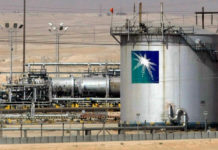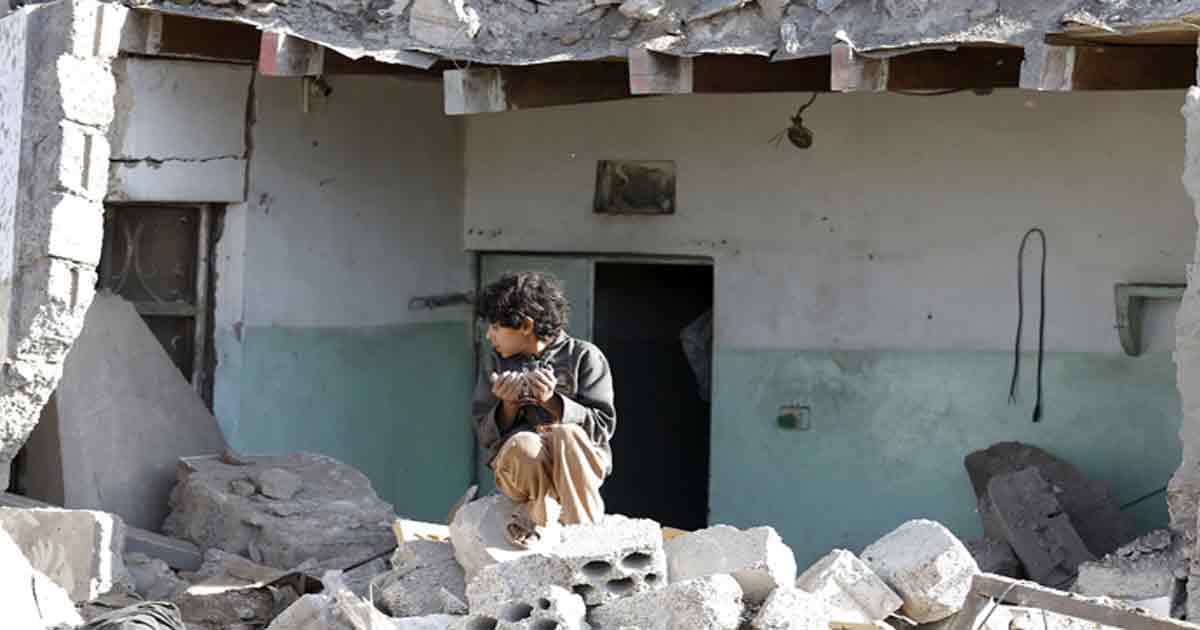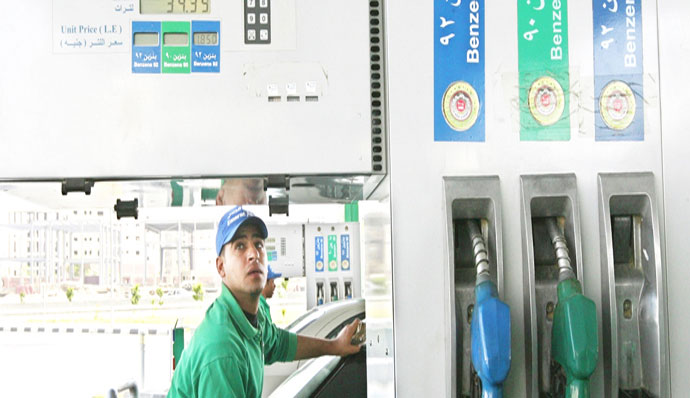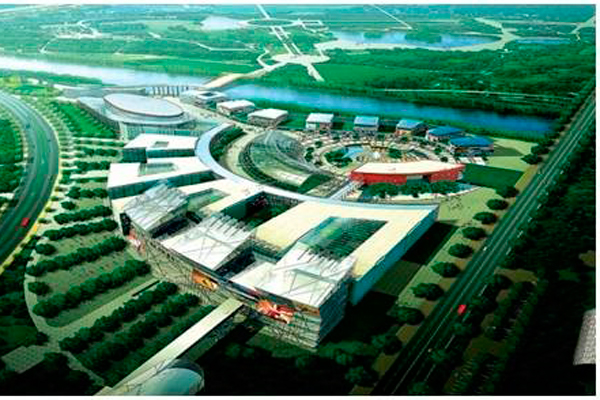by Amal Nabil
Saudi investments in Egypt will not be affected by increasing oil prices as confirmed by, investors but at the same time they expressed fears of declining aid to Egypt.
Saudi Arabia, which supported the Egyptian economy significantly during the post-revolutionary period, provided $6.5 billion to Egypt as financial aid during the period from January 2011 to April 2014, according to a report issued by the International Monetary Fund (IMF).
“Low oil prices will not affect the volume of Saudi investments in Egypt, especially that there are 3,300 companies in Egypt,” said Ahmed Darwish, secretary-general of the Egyptian-Saudi Business Association.
Saudi investments in Egypt are estimated at $23 billion, as most Arab countries are investing in Egypt as well as companies in different sectors, such as agriculture and industry, service and tourism.
Mohamed Genedy, a member of the Egyptian Saudi Business Council, noted that he is worried about the the crisis in the gulf countries as it may delay aid to Egypt.
Officials from Saudi Arabia, Kuwait, the United Arab Emirates and Oman pledged a staggering $12.5 billion to Egypt at the summit of Sharm El Sheikh last march.
“I don’t think that the Saudi companies and individuals will be affected by the oil price crisis, but the problem mainly impacts the two countries’ governments,” Genedy said.
Mohamed Deshnawy, an economic expert, stated that falling oil prices would affect the remittances of Egyptians working in Saudi Arabia and Gulf states, which is the second largest source of income in Egypt after the Suez Canal.
The declining value of the Egyptian pound will impact Saudi investors in Egypt, according to the chairman of the Saudi-Egyptian Business Council, Abdullah bin Mahfouz. Other experts argue that this should not be a concern for investors targeting long-term profits in the destabilised country.
Saudi Arabia is the largest Arab investor in Egypt, and the second-largest foreign investor, responsible for projects valued at EGP71bn, according to Egypt’s State Information Service (SIS). According to the website, trade between the two neighbours reached $4.4bn in 2008, with Egypt importing mostly petroleum products, and Saudi Arabia importing iron and steel products, furniture, foodstuffs and electrical and medical materials.
A number of Saudi investors in Egypt faced hurdles as projects stalled following the 2011 revolt. After ongoing promises by the government that timely solutions will be offered and settlements will be reached, Mahfouz expressed the council’s intention to increase investments in the Suez Canal, which are mostly in storage, packing and re-export.















